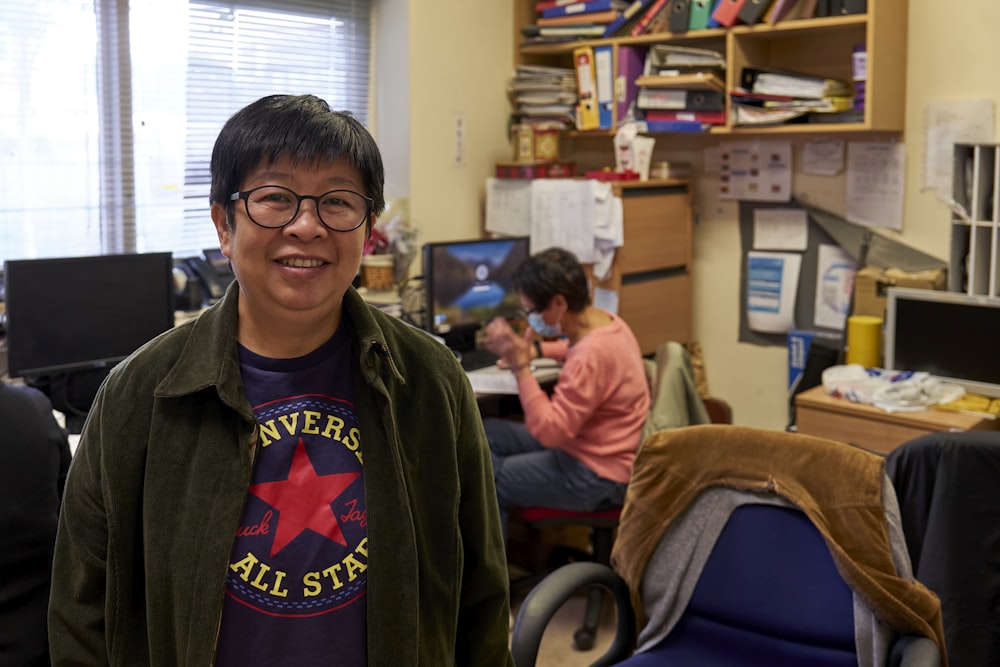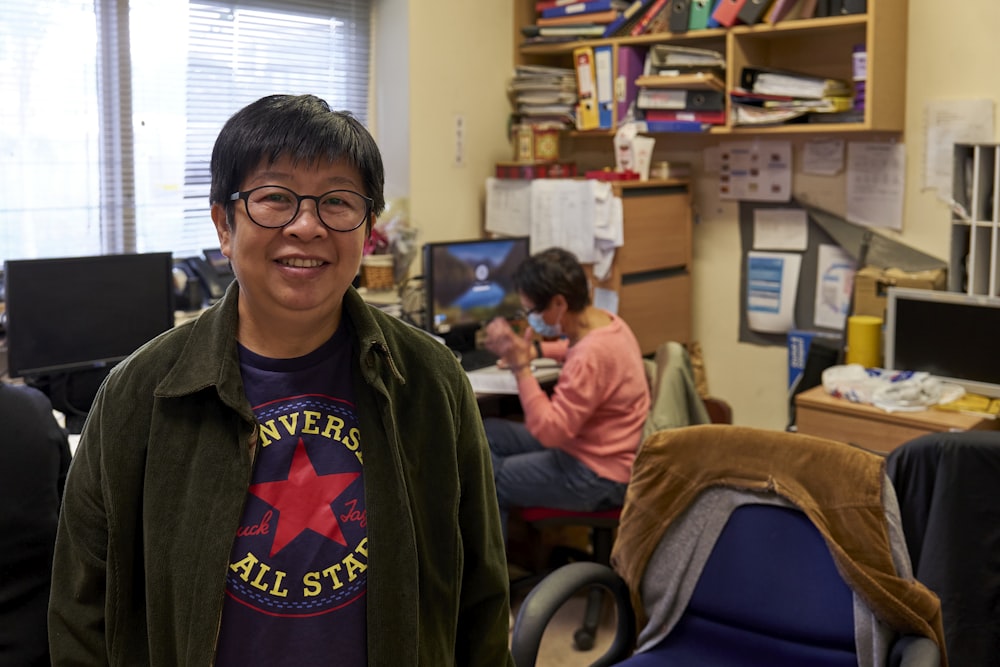Empowering Future Minds: Integrating AI Education in Schools
In a rapidly evolving technological landscape, the need for education that aligns with the demands of the future has become more crucial than ever. As we navigate the complexities of the 21st century, one key aspect emerges: the integration of Artificial Intelligence (AI) education in schools. This transformative initiative is not just about embracing the latest trends but preparing our students for a future where AI plays a pivotal role.
Preparing Students for the Digital Age
The digital age is upon us, and traditional educational approaches may fall short in equipping students with the skills they need. Integrating AI education in schools becomes a cornerstone in addressing this gap. It goes beyond the conventional subjects, providing students with a holistic understanding of technology, data, and problem-solving – skills that will be essential in their professional lives.
Fostering Critical Thinking and Problem-Solving Skills
Teaching AI in schools is not just about teaching the technology itself but cultivating critical thinking and problem-solving skills. By engaging with AI concepts, students learn to analyze information, identify patterns, and approach challenges with innovative solutions. These skills transcend the realm of AI, becoming valuable assets in various aspects of their academic and professional journey.
Demystifying AI for All Students
AI is often perceived as an abstract and complex concept, creating a sense of intimidation among students. However, the integration of AI education in schools aims to demystify this technology. By breaking down complex concepts into digestible modules, students can grasp the fundamentals of AI, fostering a sense of familiarity and confidence.
Creating Inclusive Learning Environments
The inclusivity of AI education is paramount. It ensures that all students, regardless of their background or previous exposure to technology, have the opportunity to engage with and understand AI. By creating inclusive learning environments, schools can bridge the digital divide and empower every student to thrive in an AI-driven world.
Real-World Applications and Relevance
One of the key advantages of teaching AI in schools is its real-world applicability. Students are not just learning theoretical concepts; they are gaining insights into how AI is shaping various industries. From healthcare to finance, understanding AI opens doors to diverse career paths, making education more relevant to the rapidly changing job market.
As we navigate the importance of AI education, it becomes evident that this is not a standalone effort but a collective commitment to shaping the future of education. In this endeavor, platforms like Teaching Artificial Intelligence in Schools play a pivotal role. These platforms act as resources, offering educators and students a wealth of information, curriculum guides, and interactive tools to enhance the learning experience.
Empowering Educators for Success
Equipping educators with the knowledge and tools to teach AI is as crucial as integrating it into the curriculum. Professional development programs and resources, accessible through platforms like Teaching Artificial Intelligence in Schools, empower educators to confidently guide students through the world of AI. By fostering a community of AI-literate educators, the ripple effect of this initiative extends far beyond the classroom.
Adapting to an Ever-Changing Landscape
The integration of AI education in schools is not a static process; it’s a journey of continuous adaptation. As technology evolves, so does the curriculum. Schools must embrace a flexible approach, allowing for updates and enhancements that reflect the latest developments in AI. This adaptability ensures that students are prepared for the dynamic challenges of the future.
In conclusion, the integration of AI education in schools is not merely a response to technological advancements; it is a proactive step toward shaping a generation of forward-thinking individuals. By fostering inclusivity, relevance, and adaptability, we empower students to navigate the complexities of the digital age with confidence and competence. The journey towards an AI-literate society begins in our classrooms, laying the foundation for a future where technology is not just a tool but an integral part of our collective progress.





